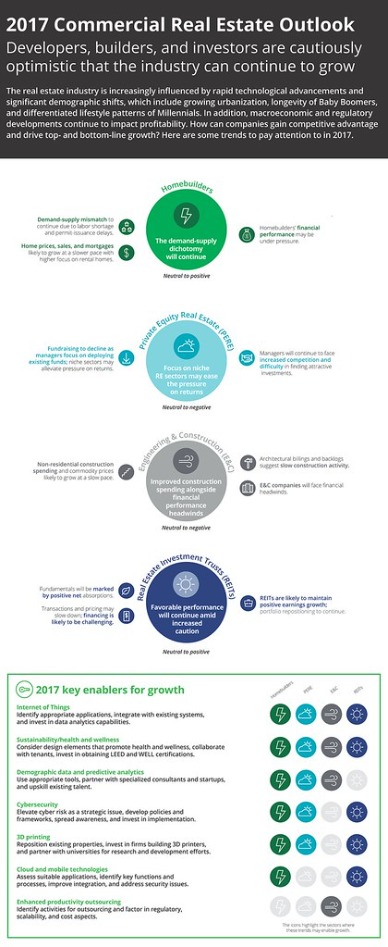As ecommerce sellers don’t typically receive or make payments instantly, if you want to be able to forecast your cash flow, accrual accounting could be the best method for you. To grow a successful ecommerce business it’s worth investing in an ecommerce bookkeeper, like Financial Solutions The Ecommerce Guide To Bookkeeping – a company that specializes in Shopify bookkeeping. A specialist can save you money and time and more importantly, give you the control and data you need to run your online business. As soon as possible, open a business account and split your business and personal finances.
This includes considering the methods to track details like financial transactions. Business owners will need receipts, invoices, and templates for the different sales channels. If tracking and managing your expenses and revenue sounds intimidating, you’re not alone. Close to three-fourths of small business owners don’t feel very confident about their knowledge concerning bookkeeping and accounting — but, it doesn’t have to be this way. Cash accounting is similar to how we manage our personal finances. Income is recognized when you receive money from a sale, and expenses are recorded when money goes out.
Tip #3 — Sync All of Your Sales Channels
Ecommerce accounting is accounting that is tailored to address the distinct requirements of an ecommerce business, compared with other businesses. Usually, these businesses rely on multiple payment processors to collect payment form customers. Some popular UK payment processors are Klarna, Clearpay and Paypal. Ecommerce businesses must ensure that all transactions are properly recorded, reconciled, and classified according to the correct revenue and expense accounts.
- You might just want to use a basic system such as Quicken or QuickBooks when you’re starting.
- As well as categorising and tracking expenses and income, ecommerce bookkeeping also includes tracking customer returns.
- Having access to accurate financial information is even more important.
- Accurate, up-to-date bookkeeping is key to a stress-free tax season.
- This includes the price of a specific SKU, advertisement, and staffing costs, and conversion rates.
- The bookkeeper organizes the data, while the accountant interprets the data.
You’ll benefit from automated transaction tracking, tax help, cash flow insights, profit and loss reports, balance sheets, and more. Selling online means that you have a variety of methods to collect payments for the sale of your goods which is excellent for your ecommerce business. However,t each of these payment methods comes with its own terms and conditions, including subscription costs and transaction fees. One of the most essential aspects of operating an e-commerce business is collecting and paying sales tax.
Why A Startup Bookkeeping Assistant Is Your Best Choice?
This extremely helpful document keeps track of cash and cash equivalents coming into your online store and going out, too. Non-inventory items are products that you have no physical possession of but are sold on your website. The books mentioned above are an example of non-inventory items because they’re not physically with you yet. For example, if you sell digital downloads, inventory is probably not the best use of your time because there are no tangible items to track.
This includes transactions, financial reports, accounting transactions, and more. This type of information can help you figure out which products are generating the most revenue and which sales channels are your https://kelleysbookkeeping.com/explaining-the-trump-tax-reform-plan/ most profitable. You can also use the historical data and sales by time period reports to make future sales predictions. Organized and accurate record keeping is just one aspect of ecommerce accounting.
Quick Tips to Improve Ecommerce Accounting Today
After all, there are a lot of figures you have to deal with in this job role. The best way to organize the accounting and bookkeeping items is to put them into a form you can understand. This is possible by creating a financial roadmap with a chart of accounts, or general ledger. Cash flow statements work with income statements and balance sheets to reveal a full picture of a company’s financial health. Potential investors or buyers also use them to evaluate whether or not a business is a worthwhile investment. As an ecommerce seller, using accrual or modified cash accounting is recommended, which provides a more accurate picture of your cash flow and enables better financial forecasting.
While there are many other programs, these are some of the top programs businesses have used in this industry. But before you can choose a program, you need to know what you want from your bookkeeping software. Check the company’s website for a free trial and see how it would work for your business. It’s important to know where everything belongs within your supply chain so you can allocate inventory accordingly. If one product is selling well, but another isn’t selling at all, it’s helpful to know which product you should be prioritizing inventory for and where that inventory should be stored.


